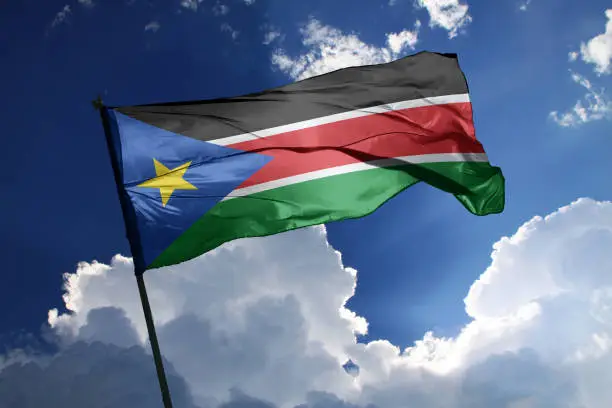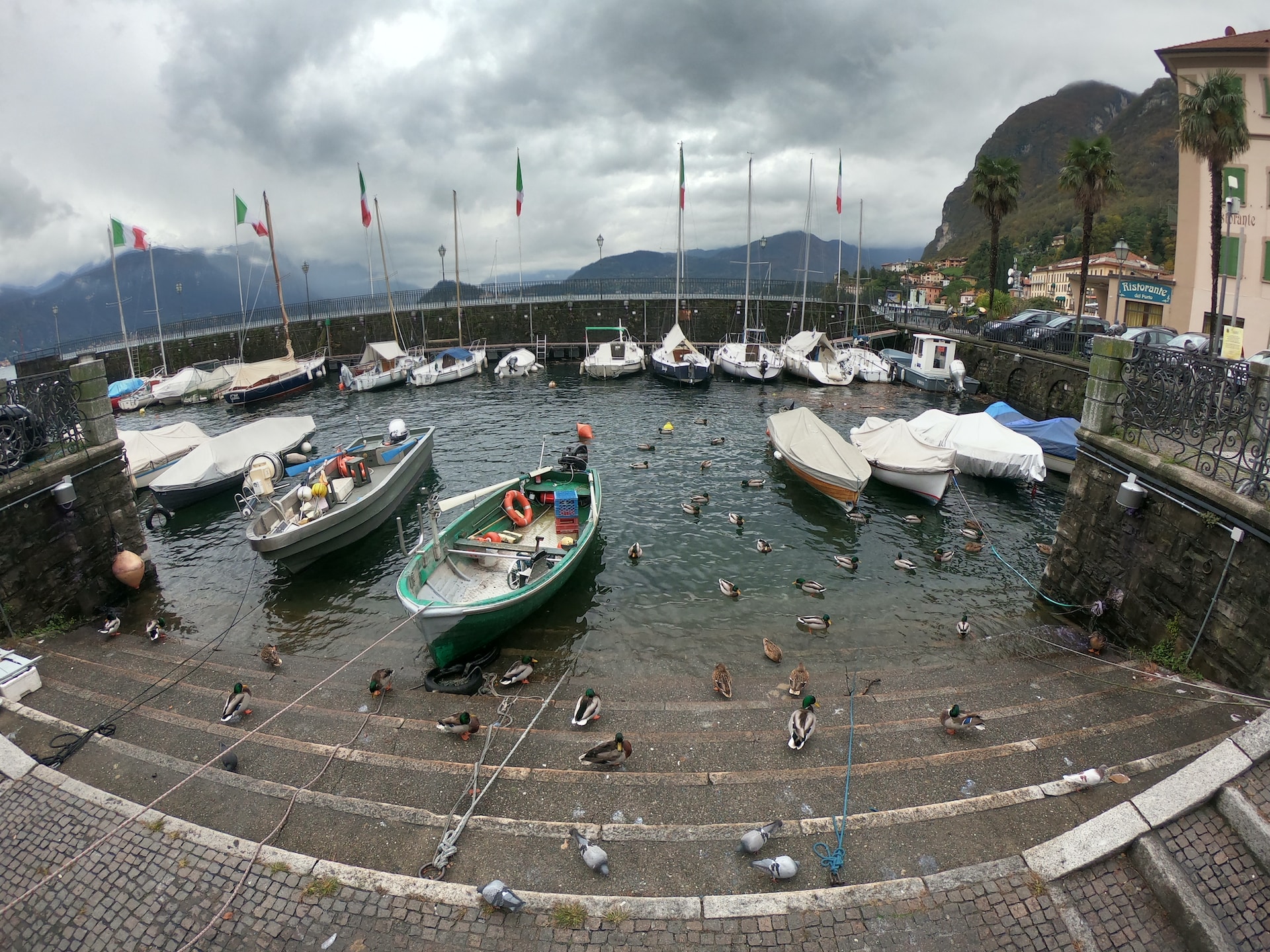Opening a restaurant in Mauritania could be a most lucrative effort, especially in cities such as Nouakchott and Nouadhibou, where residents, tourists, and expats are increasingly seeking dining options. The country’s rich culinary history provides room for traditional and foreign cuisine concepts, as it fuses West African, Berber, and Arab traditions. Potential growth potential in the Mauritanian restaurant industry can be attributed to the rapid urbanization of the country along with its increasingly diversified population.

Market synopsis
Gradually, the food and beverage sector in Mauritania is developing. There are increasingly more cafes, fast-food joints, and sit-down restaurants in Nouakchott, where the restaurant industry is highly concentrated. The booming popularity of couscous, rice with fish, and mechoui (roast lamb) as traditional Mauritanian eats grows with that of French, Mediterranean, and Middle Eastern cuisines. There are opportunities for business owners to implement contemporary eating spaces, professional service, and consistent quality, particularly as middle-class consumers’ disposable money increases.
Business registration
To open a restaurant in Mauritania, a full business registration must be carried out at the Guichet Unique for Formalization of Enterprises (GUFE). GUFE is the national one-stop shop for all formalization documents. Selection of a legal structure, registration of the business name, acquisition of tax identification number, and registration with social welfare would come into play if one intended to hire employees. Your restaurant will be legally recognized and in compliance with national labor and tax rules thanks to this registration.
Authorization and licenses
To operate a restaurant in Mauritania, you need a number of permissions. A commercial activity license from the local government is required, along with clearance from the Ministry of Health or local health inspectors who attest to adherence to food safety and hygiene regulations. Only certain institutions, such international hotels, may be eligible for a special authorization if your restaurant intends to offer alcohol, which is very controlled and largely banned in Mauritania according to Islamic law. Furthermore, local authorities may demand a certificate of fire safety inspection.
Location and premises
Picking a prime site is essential for both consumer access and exposure. Areas close to marketplaces, institutions, government buildings, and expat communities show the most promise. The zoning regulations of a commercial food establishment should be considered when leasing or purchasing a property. Facilities are required to meet basic infrastructure specifications for ventilation, waste disposal, and sanitation. It is best to work alongside local architects and contractors who are well informed about the regulations governing food service structures.
Staffing and hiring
While qualified employees, such as cooks, waiters, cleaners, and managers, may be found locally, they might need to undergo training to satisfy international standards for food hygiene and customer service. Formal employment contracts should be established, and all employees should register with the national social security organization of Mauritania, Caisse Nationale de Sécurité Sociale (CNSS). Employee retention and great service quality may be achieved via competitive pay and continual training.
Finances and expenses
Target market, location, and restaurant size all affect startup expenses. Typical costs include employees’ salary, initial inventory, leasehold renovations, kitchen and dining equipment, and licensing. Establishing a business bank account in Mauritania is advised for effective money management. Every local transaction uses the Mauritanian ouguiya (MRU), the country’s currency. To control project cash flow and operational expenses, a solid financial strategy is essential.
Marketing and promotion
Word-of-mouth, local networks, and social media are crucial for growing a clientele in Mauritania. A strong brand, obvious signage, and a consistent presence on social media sites like Facebook and WhatsApp may all help you connect with your target market. Increasing exposure may be achieved by holding soft openings, providing initial discounts, and working with neighborhood influencers or community organizations. Your consumer base may be further increased by offering delivery services, either directly or via regional networks.
Conclusion
It’s an amazing chance to open a restaurant in Mauritania, where the market is changing gradually. Your restaurant may discover a devoted clientele and long-term success by comprehending local preferences, adhering to legal standards, and providing consistently high quality service. In Mauritania’s expanding hotel industry, you may succeed with meticulous preparation, a capable local staff, and a creative approach to food service.
You may also find these articles helpful
Guide on opening a restaurant in Guatemala
Guide on opening a restaurant in the UK
Guide on opening a restaurant in Haiti







